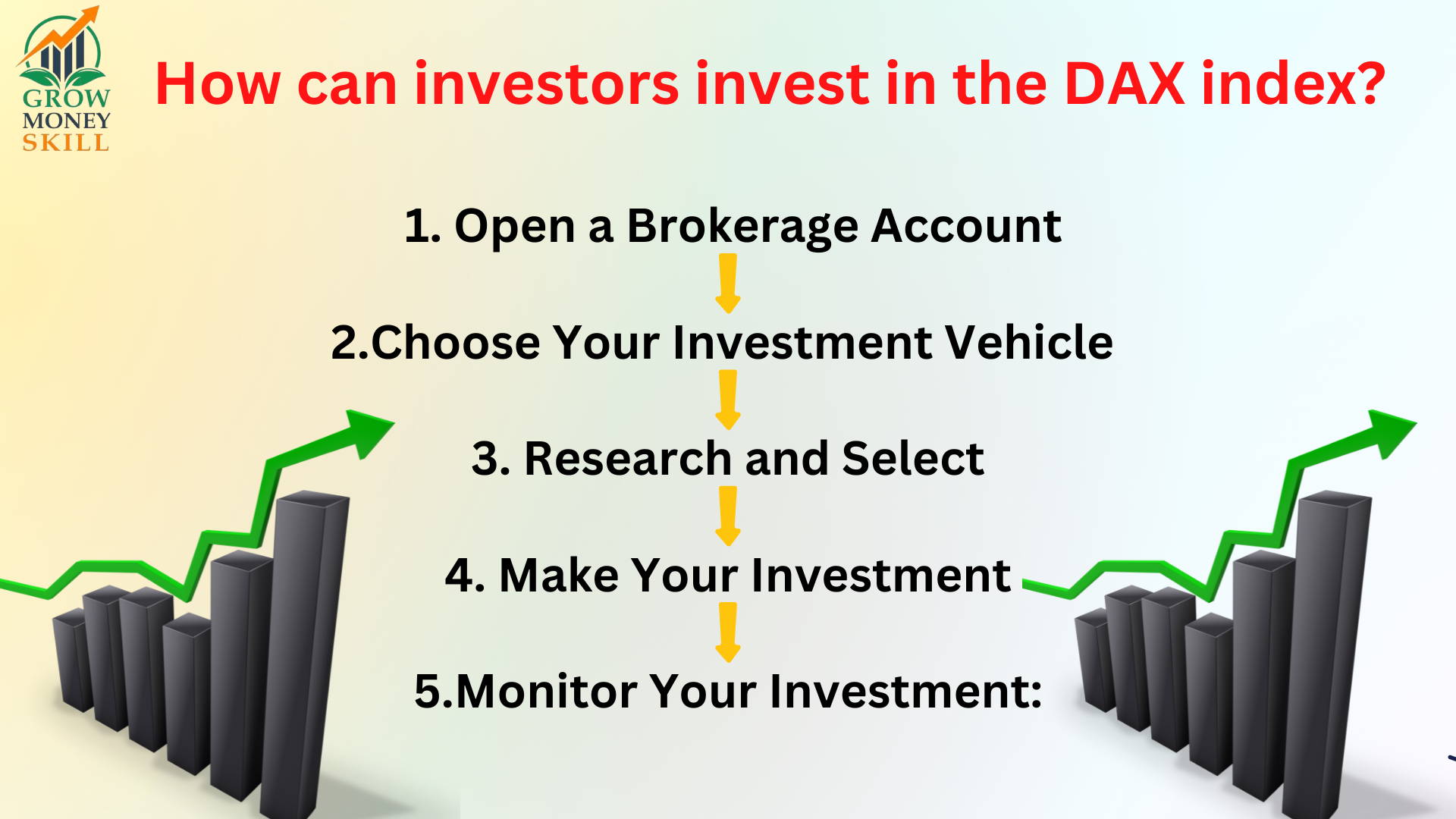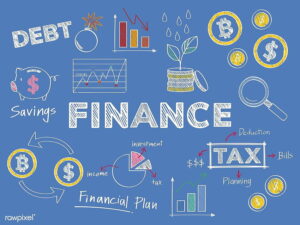To buy Hyundai inventory in India, you want to follow...
Read MoreMost Recent Blogs
Kyle Verreynne Net Worth
An industrious South African cricketer, Kyle Verreynne has done well...
Read MoreDeepak Mohoni Net Worth in 2024
Deepak Mohoni is a famous call within the Indian stock...
Read MoreSherrone Moore net worth in 2024
Sherrone was born on 31st December in the year 1974,...
Read MoreYour Financial Education
Financial Education वित्तीय शिक्षा आपके धन का कुशलतापूर्वक प्रबंधन करने...
Read MoreTolins Tyres IPO Share Price
Tolins Tyres IPO share Price Tolins Tyres is gearing up...
Read MoreKross Limited Share Price
Kross Limited share price Kross Limited is a distinguished player...
Read MoreBrett Rypien Net Worth
Brett Rypien net worth American football quarter back Brett Rypien...
Read Morewhat is Financial Planning?
Financial planning is a comprehensive approach to handling your price...
Read MorePopular Blogs
Bill Pascrell Net Worth in 2024
Bill Pascrell net worth: Bill Pascrell’s net worth is a...
Read MoreWhat is Nutrition? : Nutrition and Mental Health
Nutrition is the cornerstone of a healthy lifestyle. It encompasses...
Read MoreDecoding Variables: Understanding Their Significance and Functionality
Variables lie at the core of programming and data analysis....
Read MoreGuide to Creating Stunning Web Pages by HTML
HTML stands as the cornerstone, the bedrock upon which the...
Read MoreThe DAX Performance Index, commonly called the DAX, is a outstanding inventory marketplace index that represents forty of the most important and maximum liquid organizations listed on the Frankfurt Stock Exchange in Germany. Originally established in 1988 with 30 groups, the DAX expanded to consist of forty agencies in September 2021 to offer a broader representation of the German economic system.
Table of Contents
ToggleOverview
The DAX Performance Index, frequently cited truly because the DAX, is a key stock marketplace index that tracks the overall performance of the forty largest and maximum liquid companies indexed at the Frankfurt Stock Exchange in Germany. Originally referred to as the DAX 30, the index multiplied to forty corporations in September 2021 to better replicate the diversity and energy of the German economic system.
The DAX is calculated through the usage of a free-flow technique, which means it only considers stocks that can be readily available for buying and selling, and fees are decided using the Xetra electronic buying and selling device.
The DAX is a important indicator of financial fitness in Germany and is often used as a benchmark for the performance of the European economy. It includes primary multinational organizations which include Volkswagen, Siemens, and Bayer, which play giant roles within the international marketplace. The index is recalibrated quarterly to make sure it remains consultant of the market, making it a dynamic and closely watched index by investors, analysts, and policymakers
How is the DAX index calculated?
- Total Return Index: The DAX is a performance index, that means it includes dividends and different profits of the businesses.
- Free-Float Market Capitalization: Only the shares which might be conveniently available for trading (no longer the ones held with the aid of insiders or the government) are taken into consideration.
- Weighted via Market Value: Companies with better marketplace value have extra influence at the index.
- Updated Every Second: The index value is up to date each second at some point of buying and selling hours to reflect real-time prices.
- Based on Closing Prices: The official DAX index price is based totally on the closing expenses of its forty groups at the end of each buying and selling day.
- Calculated via Qontigo: Qontigo, part of the Deutsche Börse Group, manages and calculates the index.
This technique guarantees that the DAX index accurately displays the performance of the biggest German corporations, inclusive of their dividends, in real-time.
Why is the DAX index important?
- Economic Indicator: The DAX index is a key degree of the fitness of the German economy, reflecting the performance of its biggest businesses.
- Investor Confidence: It allows gauge investor sentiment in the direction of German organizations and the wider marketplace.
- Global Influence: The DAX is one of the primary inventory indices in Europe, making it full-size for worldwide traders.
- Market Benchmark: Investors use the DAX as a benchmark to compare the performance of other investments.
- Corporate Performance: It offers insights into the monetary fitness and fulfillment of important German organizations.
- Investment Decisions: Helps traders make informed selections approximately making an investment in German stocks and associated economic merchandise.
- Economic Trends: Tracks and highlights traits and shifts inside the German economy, helping analysts and policymakers.
- International Trade: Reflects the impact of international change and international monetary situations on German agencies.
How can investors invest in the DAX index?

Simple Steps to Start Investing in the DAX Index:
1. Open a Brokerage Account: Choose a brokerage platform that offers access to German stock markets or ETFs monitoring the DAX.
2.Choose Your Investment Vehicle: Decide whether you want to put money into ETFs, index funds, person stocks, or other options.
3. Research and Select: Look into the precise budget or shares you are interested in and understand their overall performance and prices.
4. Make Your Investment: Purchase stocks of your preferred ETF, index fund, or individual stocks.
5.Monitor Your Investment: Keep music of your investments and make changes as needed primarily based on market conditions.
By following these steps, you may without problems start making an investment inside the DAX index and probably benefit from the performance of Germany’s biggest corporations.
Simple Steps to Start Investing in the DAX Index:
1. Open a Brokerage Account: Choose a brokerage platform that offers access to German stock markets or ETFs monitoring the DAX.
2.Choose Your Investment Vehicle: Decide whether you want to put money into ETFs, index funds, person stocks, or other options.
3. Research and Select: Look into the precise budget or shares you are interested in and understand their overall performance and prices.
4. Make Your Investment: Purchase stocks of your preferred ETF, index fund, or individual stocks.
5.Monitor Your Investment: Keep music of your investments and make changes as needed primarily based on market conditions.
By following these steps, you may without problems start making an investment inside the DAX index and probably benefit from the performance of Germany’s biggest corporations.
What is the historical performance of the DAX index?
- Inception in 1988: The DAX index changed into released on July 1, 1988, with a base fee of 1,000 points.
- Nineteen Nineties Growth: The DAX experienced tremendous increase at some point of the Nineties, reflecting the strong overall performance of the German economic system after reunification.
- Dot-com Bubble: The DAX peaked all through the overdue Nineties tech increase however saw a pointy decline whilst the dot-com bubble burst in 2000.
- Financial Crisis of 2008: The DAX dropped substantially at some point of the worldwide financial crisis however recovered strongly within the following years.
- 2010s Recovery: Throughout the 2010s, the DAX showed constant increase, accomplishing new highs as the European economy recovered.
- COVID-19 Pandemic: In early 2020, the DAX fell sharply due to the pandemic but rebounded speedy as governments and valuable banks provided economic help.
- Expansion to 40 Companies: In 2021, the DAX increased from 30 to 40 corporations to better represent the German financial system.
- Recent Trends: The DAX continues to be inspired through international monetary conditions, corporate performance, and geopolitical occasions.
The DAX index has proven resilience and increase over the a long time, reflecting the overall performance and fitness of fundamental German agencies.
What are the criteria for a company to be listed on the DAX index?
- Market Capitalization: The agency need to be one among the most important by way of market fee a few of the companies indexed at the Frankfurt Stock Exchange.
- Stock Liquidity: The company’s stocks ought to have high trading quantity and be easily sold or bought inside the marketplace.
- Headquarters: The organisation need to be founded in Germany.
- Prime Standard: The corporation need to be indexed within the Prime Standard section, which has higher transparency and disclosure requirements.
- Financial Reporting: The employer ought to often publish quarterly and annual economic reviews in line with international accounting requirements.
- Corporate Governance: The business enterprise should comply with particular corporate governance requirements to make certain appropriate control practices.
- Free-Float Requirement: A full-size part of the organisation’s shares have to be to be had for trading by means of the public, not held by using insiders or huge shareholders.
- Inclusion Reviews: The index composition is reviewed often, typically each 3 months, to make sure companies maintain to satisfy the standards.
Who manages and maintains the DAX index?
- Managed by way of Qontigo: The DAX index is controlled via Qontigo, a financial services company.
- Part of Deutsche Börse Group: Qontigo is a part of the Deutsche Börse Group, a primary inventory alternate operator in Germany.
- Regular Updates: Qontigo frequently updates the DAX index to make certain it appropriately displays the marketplace.
- Selection Criteria: Qontigo units and opinions the criteria for which businesses are blanketed inside the DAX index.
- Market Adjustments: They modify the index based on market modifications, employer performances, and monetary conditions.
- Transparency and Governance: Qontigo follows strict rules and governance to maintain transparency and reliability in coping with the DAX index.
What role does the DAX index play in the German economy?
- Economic Indicator: The DAX index shows the fitness of Germany’s economy with the aid of monitoring the overall performance of the u . S .’s biggest corporations.
- Investor Confidence: It enables buyers to determine whether to spend money on German corporations. A growing DAX regularly attracts extra investment.
- Benchmark: The DAX serves as a benchmark for different indices and budget. Investors examine their returns to the DAX.
- Economic Impact: The organizations in the DAX have a massive impact on the German economic system, supplying jobs and riding innovation.
- Global Influence: As Germany is a leading global economy, the DAX affects international markets and investors.
- Policy Maker Insight: German policymakers watch the DAX to gauge economic performance and make knowledgeable choices.
- Sector Representation: It represents key sectors like automobile, finance, and healthcare, highlighting their contribution to the financial system.
Conclusion
The DAX Performance Index is a key measure of the fitness of Germany’s biggest businesses and the overall German financial system. It consists of forty important corporations from distinct sectors, and its cost adjustments each 2d based on inventory marketplace pastime. Understanding the DAX allows buyers make informed selections, as it displays vital economic traits and occasions. Whether you are looking to put money into German shares or simply want to find out about the marketplace, understanding about the DAX index may be very useful.
FAQ'S
Q. What is the full form of DAX Index?
The full form of DAX is “Deutscher Aktienindex,” which translates to “German Stock Index” in English.
Q. What are the criteria for a company to be included in the DAX Index?
Companies must be among the largest by market capitalization and have high trading volumes on the Frankfurt Stock Exchange to be included in the DAX Index.
Q. What factors can affect the performance of the DAX Index?
Factors affecting the DAX Index include economic data, company earnings, geopolitical events, interest rates, and global market trends.
Copyright © All Rights Reserved. GMS













